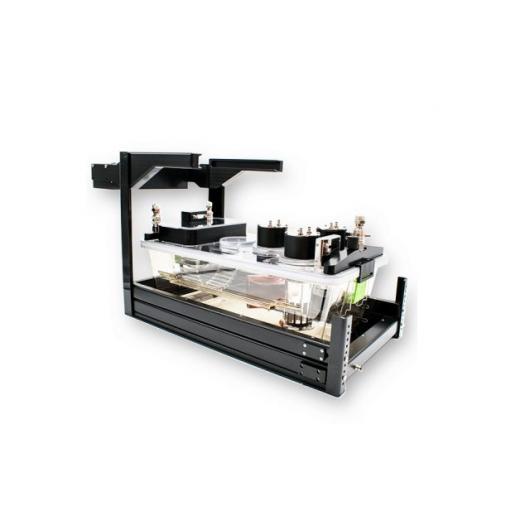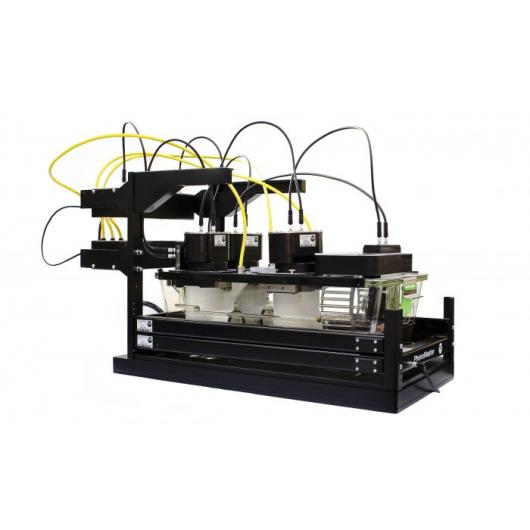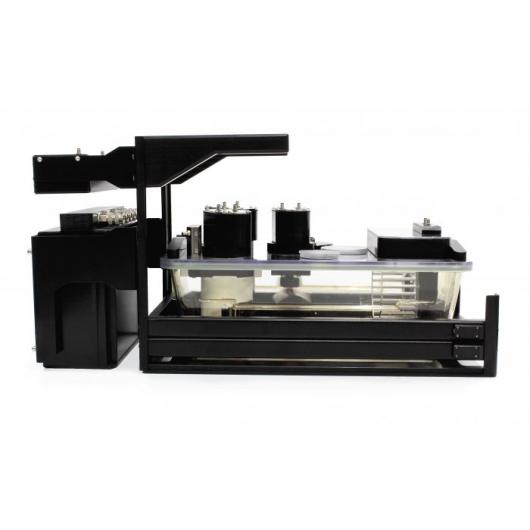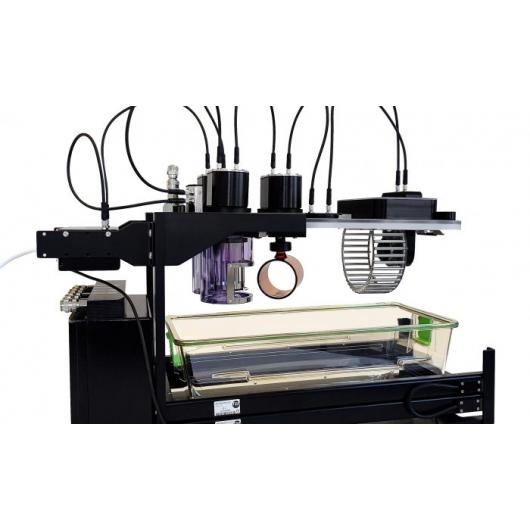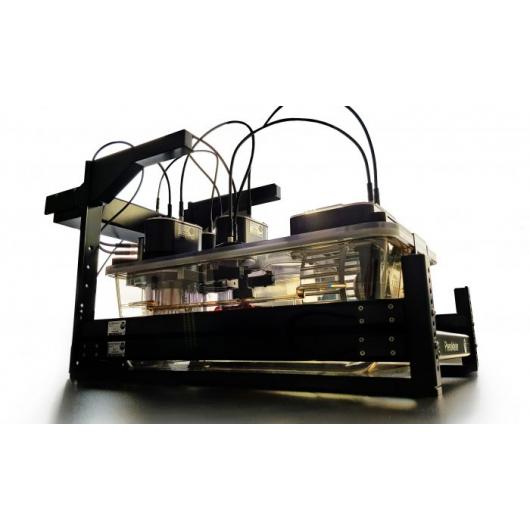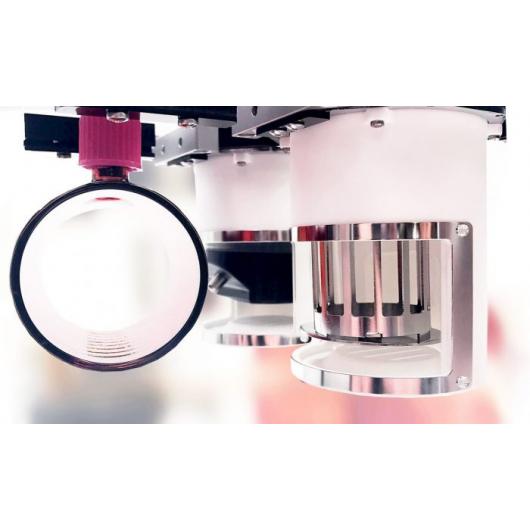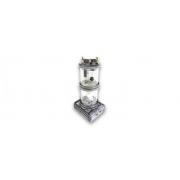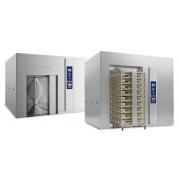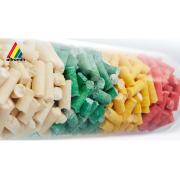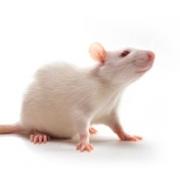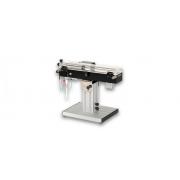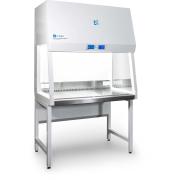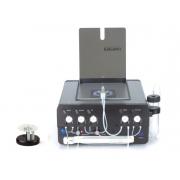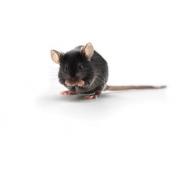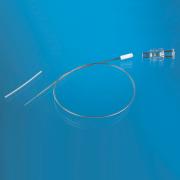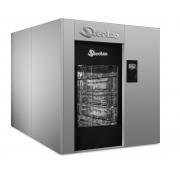






PhenoMaster
Features
- Metabolic and Behavioral Phenotyping
- Fully Automated
- Stress-free – Homecage-based
- High Throughput
- Modular and Flexible
- Climate Controlled
- Reduced Data Variability
- Maximum Animal Welfare
Research areas
- Metabolism Studies
- Behavioral & Metabolic Phenotyping
- Basic Neuroscience
- Neuropsychiatric Diseases
- Drug Development
The new Hardware and Software platform is not comparable to older generations of PhenoMaster and vastly more modern and economical in usage compared to competing systems. All modules have been completely re-developed to make use of the latest technologies. The analysis has been ported to an open data format (ODF) with full raw data recorded at the sensor level. The analysis features tabulation and visualization of all raw data points and derived parameters such as EE and RER while also allowing Matlab, Python code, and R-scripts such as via CalR to be executed. Simple analysis can be performed in the PhenoMaster software that can be freely copied, and advanced analysis and publication-quality graphics and statistical analysis are performed under Microcal Origin. The origin apps are free of charge and part of the PhenoMaster Data package.
System Architecture
In PhenoMaster, all data from sensors at the cage level are digitized on-board in the sensor housing and collected by the cage controller. The cage controller is the smart brain of every cage and powers all sensors. Sensors use a modern bus architecture that allows them to be removed and added without interfering with other sensors’ data collection ability. From the cage controller, a single Ethernet connection cable that also carries the cage power (POE = power over Ethernet) submits the data to the computer/server. Cages and Computers must be on the same intranet/subnet. Theoretically, all cages can be plugged into a single Ethernet hub on the back wall of the chamber and the computer located elsewhere in the building outside the animal facility. The result in the animal room is a clean, clutter-free laboratory environment with very few parts and a small footprint. When climate chambers are used, the cages are “plugged-in” into an Ethernet patch panel in the wall of the chamber.
Modularity gives flexibility at an affordable price
The number of options can be overwhelming. However, the greatly simplified “cage-based architecture” using industry-standard (Ethernet) combined with cage-based controllers makes changes, expansion of the number of cages, and upgrades very affordable and easy. Simply order the modules or number of cages that you want and ”plug and play.” In most cases, this can be done by the user. Rest assured that no matter where your research leads you, your investment is secure, and we are here to help you. Additionally, we can provide remote access to help guide you through the setup and measurement settings
The Phenomaster phenotyping platform is built around modules that can be added and expanded as flexible as the research questions or direction changes.
Disease models
- Diabetes
- Obesity
- Cancer
- Cachexia
- Exercise
- Metabolic Syndrome
- Rare Diseases
Reynolds J.E., Lai R.W., Woodhead J.S.T., Joly J.H., Mitchell C.J., Cameron-Smith D., Lu R., Cohen P., Graham N.A., Benayoun B.A., Merry T.L., Lee C. MOTS-c is an exercise-induced mitochondrial encoded regulator of age-dependent physical decline and muscle homeostasis Nat Commun 12. 2021; 470: 1-11
Fischer K., Fenzl A., Liu D., Dyar K.A., Kleinert M., Brielmeier M., Clemmensen C., Fedl A., Finan B., Gessner A., Jastroch M., Huang J., Keipert S., Klingenspor M., Brüning J.C., Kneilling M., Maier F.C., Othman A.E., Pichler B.J., Pramme-Steinwachs I., Sachs S., Scheideler A., Thaiss W.M., Uhlenhaut H., Ussar S., Woods S.C., Zorn J., Stemmer K., Collins S., Diaz-Meco M., Moscat J., Tschöp M.H., Müller T.D. The scaffold protein p62 regulates adaptive thermogenesis through ATF2 nuclear target activation. Nat Commun 11. 2020: 2306-23019
Lucchini F.C., Wueest S. Challa T.D., Item F., Modica S., Borsigova M., Haim Y., Wolfrum C., Rudich A., Konrad D., ASK1 inhibits browning of white adipose tissue in obesity. Nat Commun 11. 2020; 1642: 15483-15487
Ruud L.E., Pereira M.M.A, de Solis A.J., Fenselau H., Brüning J.C. NPY mediates the rapid feeding and glucose metabolism regulatory functions of AgRP neurons. Nat Commun 11. 2020; 442: 14291-14293
Sun W., Dong H., Balaz M., Slyper M., Drokhlyansky E, Colleluori G., Giordano A., Kovanicova Z., Stefanicka P., Balazova L., Ding L., Husted A.S., Rudofsky G., Ukropec J., Cinti S., Schwartz T.W., Regev A, Wolfrum C. snRNA-seq reveals a subpopulation of adipocytes that regulates thermogenesis. Nature. 2020; 587(7832): 98-102

